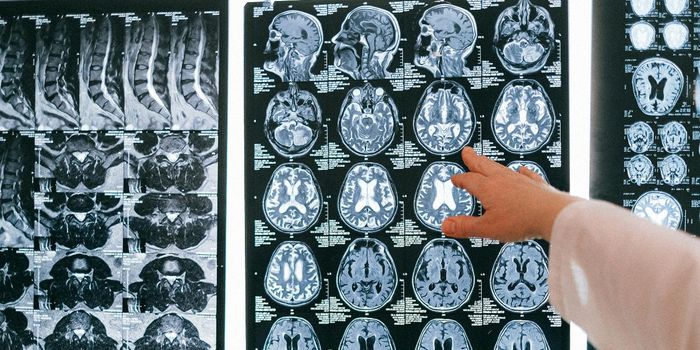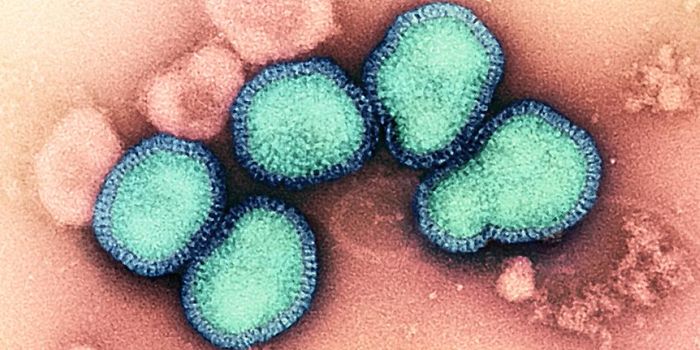Novel Biological Marker Assesses Risk in Women for Cardiovascular Disease
In the United States, heart disease is the leading cause of death. The Centers for Disease Control and Prevention (CDC) predicts that two people die within a minute due to cardiovascular disease. Many conditions fall under the umbrella term “cardiovascular diseases,” affecting the heart and blood vessels. A few examples include coronary artery disease (CAD), cerebrovascular disease, heart failure, arrhythmia, and peripheral artery disease. An individual can present with symptoms such as chest pain, tightness, pressure, pain, weakness, dizziness, and swelling of hands, ankles, or feet.
Many physicians and scientists have found that cardiovascular disease is correlated to different lifestyle habits, while others are inherited. An unhealthy diet and physical inactivity are two common risk factors that lead to cardiovascular disease. Excessive tobacco use and alcohol also increase an individual’s risk. Doctors recommend changing lifestyle habits and talking to a physician about currently prescribed medications to reduce your risk. Inherited risk factors include a family history of genetic mutations that can predispose individuals to certain conditions. Unfortunately, individuals are prescribed life-long medications and may even need medical devices to treat their disease to prevent it from getting worse. Scientists and physicians are working to improve the treatment of cardiovascular disease and detect biological risk factors early to prevent disease onset and avoid pharmaceutical intervention.
A recent article in the Journal of the American College of Cardiology by Dr. Alicja Wolk and others reports a new biomarker for cardiovascular disease in women. Wolk is a professor at the Karolinska Institute in Sweden, where she studies Nutritional Epidemiology. More specifically, her work identifies modifiable lifestyle factors and how they relate to chronic diseases.
Wolk and others show the correlation between an anti-inflammatory antibody and the risk of heart disease. Phosphorylcholine is a phospholipid involved in bacterial growth and inhibits immune cells. Additionally, it has been known to increase the risk of cardiovascular disease. Antibodies against phosphorylcholine (anti-PC) have previously been reported to reduce risk, particularly in men. However, it is less clear the role of anti-PC in women. Researchers set out to measure this antibody in women from a general population with no known risk of cardiovascular disease.
The study was designed to test 932 women around 66 years old from a Swedish Mammography Cohort. The anti-PC levels were measured from patient samples and analyzed with a test that can quantify antibodies. Patients were also assessed for any cardiovascular disease associations with confounding factors adjusted to avoid skewing the data. Tests and analyses were performed over 16 years. As a result, physicians and scientists found over 100 cases of cardiovascular disease, including cases of ischemic heart disease and myocardial infarction. Interestingly, anti-PC was significantly associated with a reduced risk of these diseases.
Wolk and her team showed the link between anti-PC and cardiovascular disease in women for the first time. More importantly, these results provide a novel biomarker for predicting disease and improving early-action treatment. It also allows physicians to discuss the health risks to patients and strategize a healthy lifestyle plan to avoid disease onset. The detection of anti-PC is a unique biomarker that physicians can use to better treat patients and improve their quality of life.
Article, Journal of the American College of Cardiology, Alicja Wolk, Karolinska Institute








